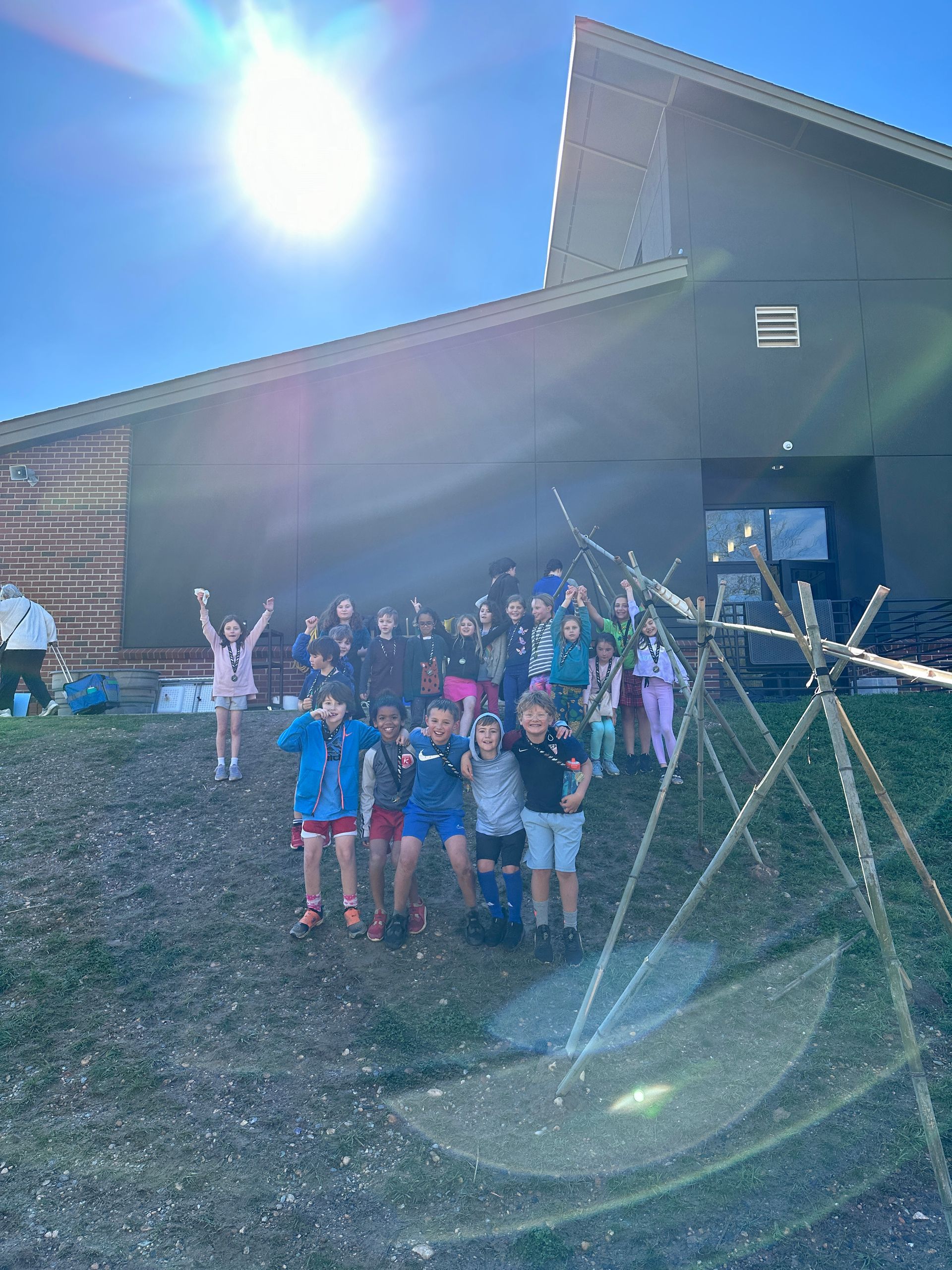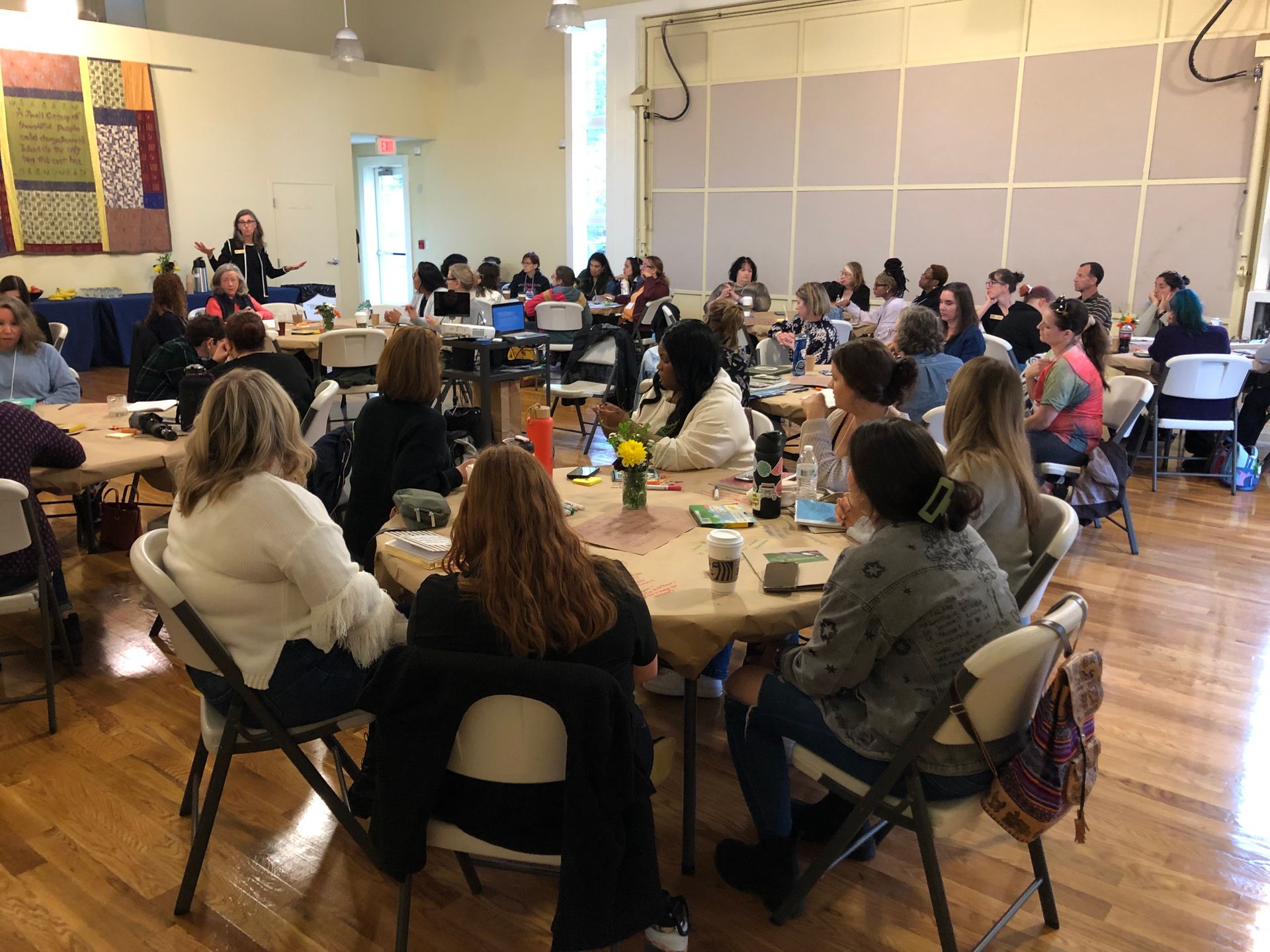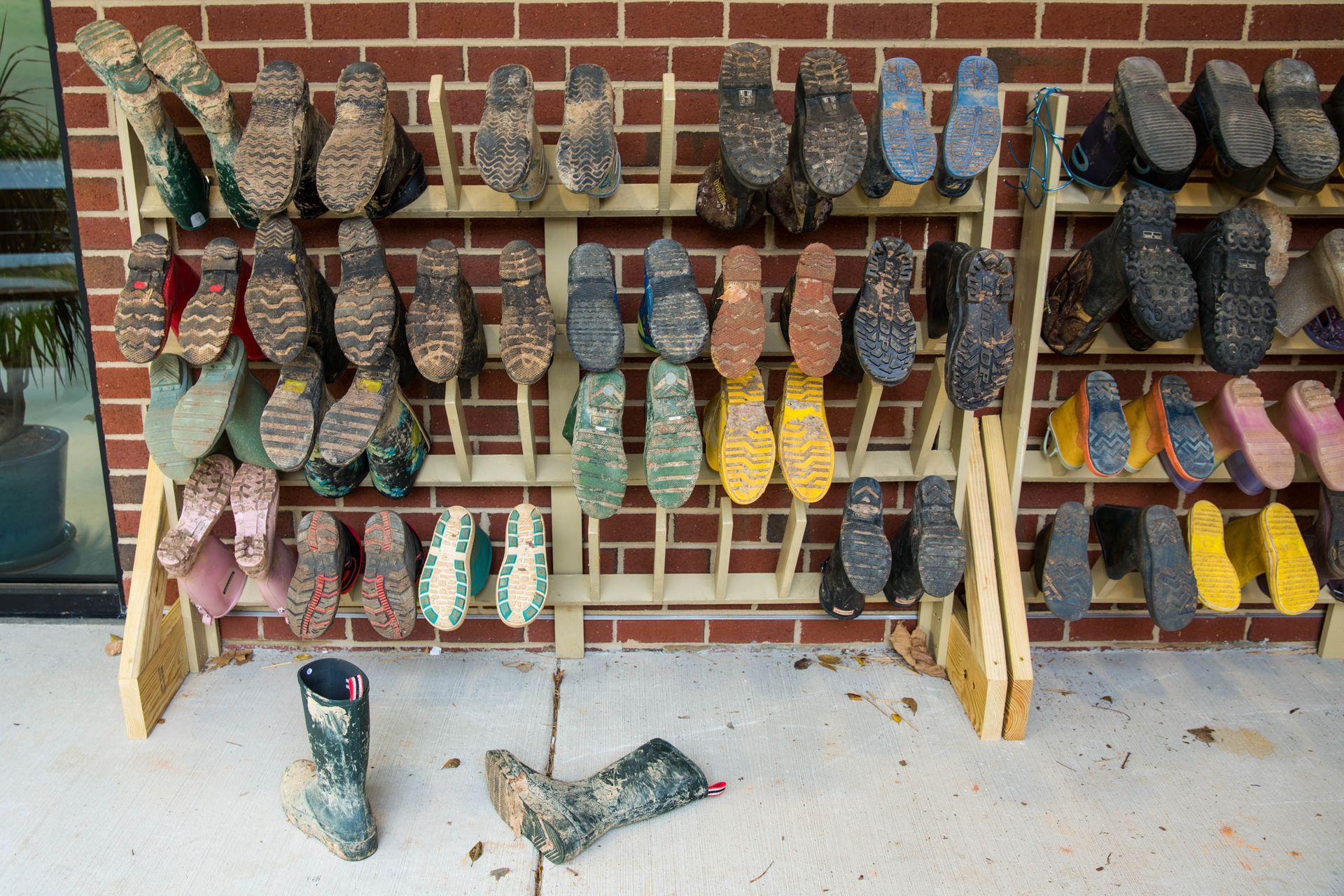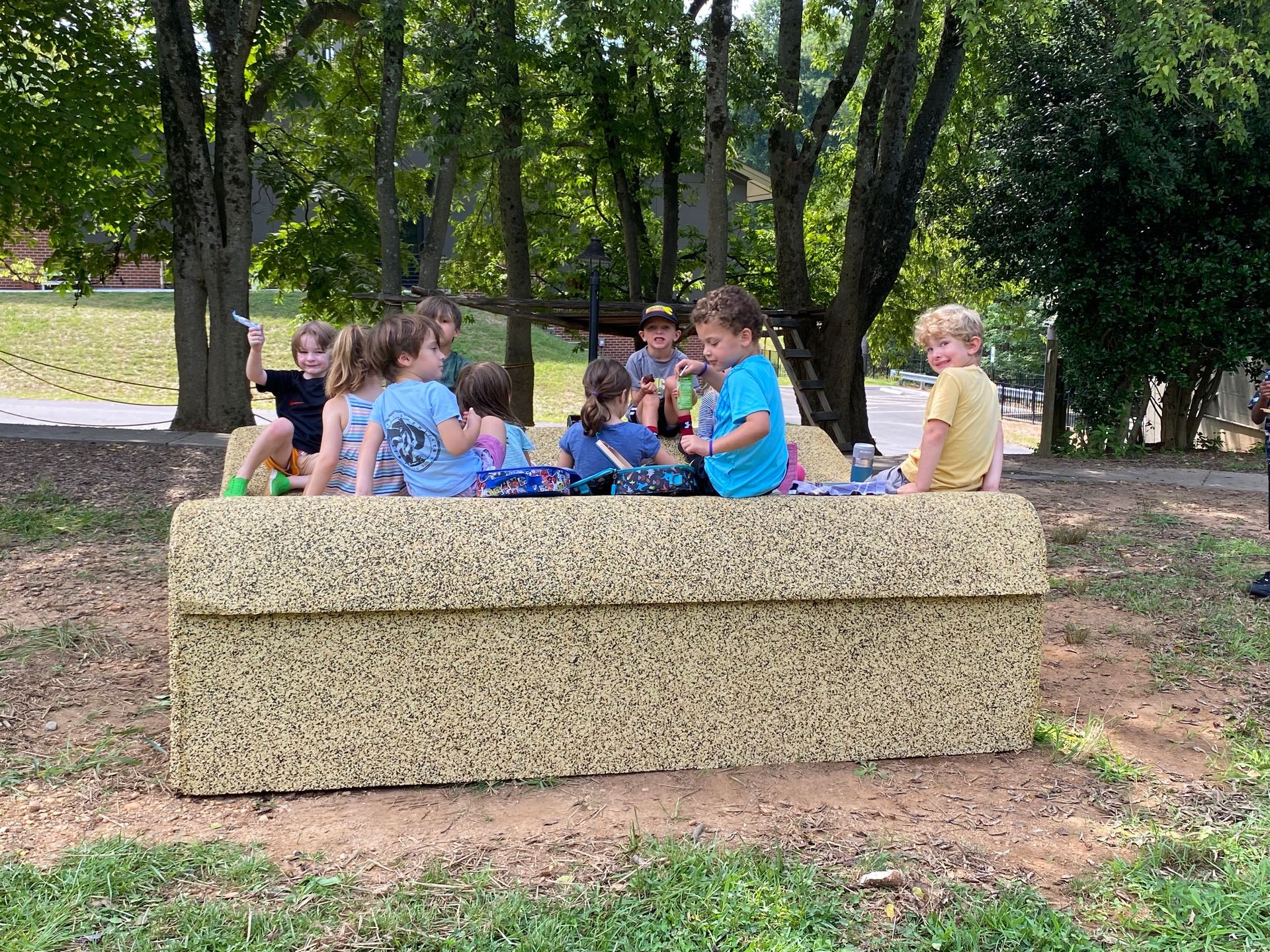Supportive Conversations with Your Child
By Ann Reavey, School Counselor

Image by Eliana, 1st Grade
Your children may be asking you some tough questions. When will this end? Will I get sick? When can I see Grandpa again? Will I ever see my friends again? If I wear a mask, why can’t I hang out with my friends?
What do we say when we don’t know? Do we deflect and try not to directly answer the question? Do we give them an honest response and risk having their anxiety spike? Will our hesitation reveal how scared we are and how little we know? Is it okay to say “I don’t know.”?
There are many resources available to help you respond to your child’s worries and questions. (Some of which are posted below.) However, I thought it might be helpful to explore a framework for these difficult conversations.
I’ve adapted Deb Roffman’s Five Universal Needs of Children (originally intended for engaging in conversations around sexual development) to help with these intense and scary questions about COVID-19. The following universal needs are a lens through which we can respond to these tough questions from our children.
Affirmation: Children and adolescents need adults to affirm their curiosity, worry, fears, etc. Validate whatever emotion your child is feeling. It’s okay to have those feelings. It’s okay to have conflicting feelings. It’s okay to not be scared. It’s okay to be really scared.
Information Giving: Children and adolescents need ready sources of factual knowledge about COVID-19 and to have information presented in ongoing and age-appropriate ways. I was impressed that the Prime Minister of Norway held a press conference just for children in order to answer their questions. Try to answer your child’s questions without too much elaboration. If they have follow-up questions, you can answer those, but try not to dump too much information at once. Here is a helpful resource from Common Sense Media for explaining the news to your child.
Values Clarification: Children and adolescents need adults to clearly share their personal values, and as children become more socially aware, they need adults to clarify and interpret competing values that they witness around them. Why are the neighbors having a party when we can’t see our friends? Why can’t we just go visit Grandma? Without judging, clearly state your values and how they have informed your perspective and decisions.
Limit Setting: Children and adolescents need adults to create a healthy and safe environment by clearly stating and consistently reinforcing age-appropriate rules and limits. It really does make children feel safer to have boundaries (more information on this can be found in the book Negotiation Generation by Lynne Reeves Griffin).
Anticipatory Guidance: Children and adolescents need adults to help them learn how to make healthy choices. What does six feet really look like? How long is 20 seconds and how can you make sure you wash your hands long enough? What can I do when I feel lonely? What can I do when I need to get my energy out?
These five universal needs provide a solid foundation for support and dialogue. They reinforce a loving, respectful parenting relationship that honors your child’s emotion and cognition while providing the necessary guidance and protection.
These conversations will not be easy for you or for your child. Processing these restrictions and changes will be a grieving process. (I will address this process specifically in an upcoming blog post.) It’s okay for your child to see your emotions. Talk about how you feel as you also talk about how you are managing and coping. Right now, it’s essential to explicitly talk about your strategies for regulating your emotions. This is important information and modeling for your child.
Remember that your child cannot support you, so be sure to find appropriate ways to regulate your own fears and worries. Call a friend, set up video chats with family or neighbors, meditate, play music, be in nature, etc. Sabot friends, please remember that you can always email me if you are struggling.
Additional Resources:
- Coronavirus (COVID-19): How to Talk to Your Child from Kids Health
- Age-Related Reactions to a Traumatic Event from The National Child Traumatic Stress Network
- Talking to Children About COVID-19 from National Association of School Psychologists
- What To Say To Kids When The News Is Scary from NPR
The post Supportive Conversations with Your Child appeared first on Sabot at Stony Point.
SHARE THIS POST

















